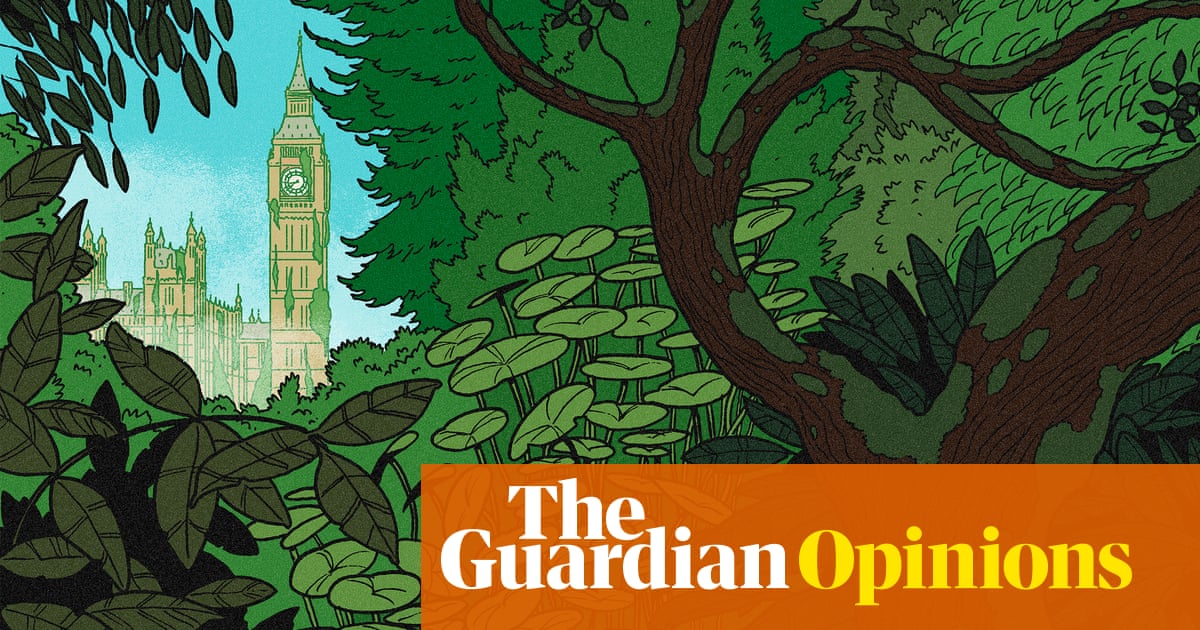
The Italian Marxist Antonio Gramsci has become an oft-quoted point of reference for commentators struggling to read the signs of these turbulent times. During the political turmoil of the 1930s – we have read more than once – Gramsci observed that: “The crisis consists precisely in the fact that the old is dying and the new cannot be born; in this interregnum a great variety of morbid symptoms appear.” During the 2010s, the startling rise of the Scottish independence movement, the shock of the Brexit vote and the unexpected election of Jeremy Corbyn as Labour leader cumulatively lent themselves to a similar style of diagnosis.
It seemed plausible to maintain that in various ways a 40-year settlement, inaugurated by Margaret Thatcher in 1979 and broadly accepted by successive Labour and Tory leaders, was breaking down. From resurgent nationalism on the right to a renewed commitment to nationalisation on the left, a realignment away from an era of economic liberalism and high globalisation has challenged orthodoxies across the spectrum. Something new was struggling to be born. But as 2021 draws to a close, it might be advisable to put the Gramsci away and look up the German philosopher Friedrich Nietzsche’s doctrine of the Eternal Return of the Same.
Following the disorienting years of disruption, a restoration movement is gathering steam on both the Labour and Conservative sides of the parliamentary aisle. It’s true that Boris Johnson’s political future may depend on successfully shoring up the new electoral coalition forged in the “get Brexit done” election of 2019; and his instincts urge gamechanging investment in the red wall seats that went Tory two years ago. But small-state Tories are mounting a concerted attempt to reclaim Brexit from what the Spectator describes as the “high-tax, high-spend European social democratic model” reportedly being pursued by the prime minister.
From the back benches, free-market rebels such as Steve Baker and David Davies are weaponising widespread discontent at National Insurance rises to pay for social care reform. Baker, who is forming a low-tax campaigning group at Westminster, demanded a return to Thatcherite verities recently, telling the Sunday Times: “We have to rediscover the kind of conservatism that cuts taxes, not raises them.” Rishi Sunak’s Treasury has brazenly positioned the chancellor as the frustrated champion of this agenda in a time of Johnsonian apostasy. Burnishing his old school credentials, Sunak breezily generated damaging red wall headlines by ruling out the eastern leg of HS2, and removing state-funded costs from the new £86,000 cap on personal liability for social care. Last month it was reported that no new money would be made available to fund the government’s long-awaited “levelling-up” white paper, the publication of which is likely to be put back to next year. For context, Germany has spent €2tn on the ongoing economic rehabilitation of eastern states following the fall of the Berlin Wall in 1989; the government’s levelling-up fund to deal with an equivalent north-south divide is £4.8bn.
Labour, as the shadow cabinet reshuffle underlined, is also turning to familiar strategies from the pre-Brexit era. Keir Starmer and the shadow chancellor, Rachel Reeves, have begun to channel the spirit of New Labour circa 1996 by attacking Tory sleaze and promising fiscal restraint – to be symbolised this time round by the creation of a new office of value for money. Talk of nationalisation of utilities is dismissed as belonging to the anomalous Corbynite interlude, and Ed Miliband has been defenestrated as business secretary after voicing public dissent. In a well-received speech that contrasted with the prime minister’s Peppa Pig pratfalls, Starmer told the CBI conference in November that “when business profits, we all do”. The tone and style was redolent of Labour’s “third way” rhetoric in the 1990s. An approving Peter Mandelson subsequently commented: “What the Labour party under Keir Starmer has to do is come back to the centre-left political ground and be much clearer about the role of markets and the private sector in partnership with the state. You begin to see that in Keir’s speech to the CBI.”
The point is not to denigrate understandable political positioning and calculation by Labour, or to present Johnson as a thwarted one-nation idealist who deserves our sympathy. Starmer is, of course, right to see government sleaze and the prime minister’s erratic relations with business leaders post-Brexit as a political opportunity. Johnson’s levelling-up agenda is the product of electoral circumstance rather than principle. But the restorationist politics of the moment seem dispiritingly small and lacking in ambition, given the challenges of the age.
The twin insurgencies represented by Corbyn and Brexit (in its red wall version) were a profound rejection of the political economy of the status quo ante. The shock caused by the leave vote exposed the extent to which horizons had shrunk at Westminster, rendering invisible a deep disillusionment felt in post-industrial, non-metropolitan England. The astonishing manner of Corbyn’s election laid bare the simmering outrage on the left at the normalisation of deep inequality, in which Labour was deemed to have been complicit. And the extraordinary rise of the Scottish National party, in the wake of the 2014 independence referendum, foreshadowed both these later shocks to the system. The disruptions held in common a widespread desire to go beyond the economic categories of liberalism and express collective values that had been buried in the preceding decades. Nationhood, sovereignty, pride in community, public ownership, radical devolution and localism: all these themes spoke to a yearning for a new politics of belonging.
It is hard to escape the sense that, in both the government and the opposition, the radical implications of this period of politics are being closed off in the name of something more comfortable and familiar. The Conservative party seems set to deliver a simulacrum of levelling up, and strains at the leash to revert to type. Labour hopes an impression of competence, probity and fiscal caution can see it over the line at the next election as it did in the past. Dramatic as the political eruptions of the post-crash decade were, the old order may be gradually “taking back control”.
Julian Coman is a Guardian associate editor












